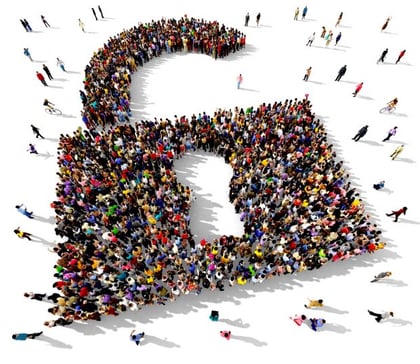 Personal data of hundreds of millions of people was reportedly exposed. (Image: Shutterstock)
Personal data of hundreds of millions of people was reportedly exposed. (Image: Shutterstock)
Global hotel chain Marriott International announced a security breach compromised the personal data of 500 million guests staying at Starwood properties dating back to 2014.
The Bethesda, Maryland-based chain, which operates more than 6,700 properties globally, said in a statement it has taken measures to investigate and address a data security incident involving the Starwood database.
“On September 8, 2018, Marriott received an alert from an internal security tool regarding an attempt to access the Starwood guest reservation database in the United States. Marriott quickly engaged leading security experts to help determine what occurred. Marriott learned during the investigation that there had been unauthorized access to the Starwood network since 2014.”
The company said it had not finished identifying duplicate information in the database, but believes it contains information on up to approximately 500 million guests who made a Starwood property reservation.
For approximately 327 million of these guests the information included some combination of name, mailing address, phone number, email address, passport number, Starwood Preferred Guest account information, date of birth, gender, arrival and departure information, reservation date, and communication preferences. “That is basically the entire population of the USA,” Rebecca Herold, president of SIMBUS and CEO of The Privacy Professor, noted.
For some, the data also included payment card numbers and expiration dates, but the payment card numbers were encrypted using Advanced Encryption Standard encryption. “There are two components needed to decrypt the payment card numbers, and at this point, Marriott has not been able to rule out the possibility that both were taken,” the notification read.
Reactions to the news from cybersecurity experts came swiftly.
Pravin Kothari, CEO of CipherCloud, said, “The Marriott data breach may be one of the largest in history, only exceeded by the Yahoo data breach in December of 2016, which purportedly lost approximately 1 billion records.” Other than the sheer number of records compromised, Kothari noted this breach stands out even more because of the dwelling time by the attacker within Marriott’s networks. “The illegal access has been active since 2014! This is all too often the case with most large-scale breaches – even current industry averages within the U.S. of about 100 days are way too long.”
In addition, Kothari maintained the data encryption keys were stored alongside the data and then both were then accessed by the criminals. “If true, this literally provided the thieves with the keys to the kingdom.”









 November 30, 2018 at 01:50 PM
November 30, 2018 at 01:50 PM











